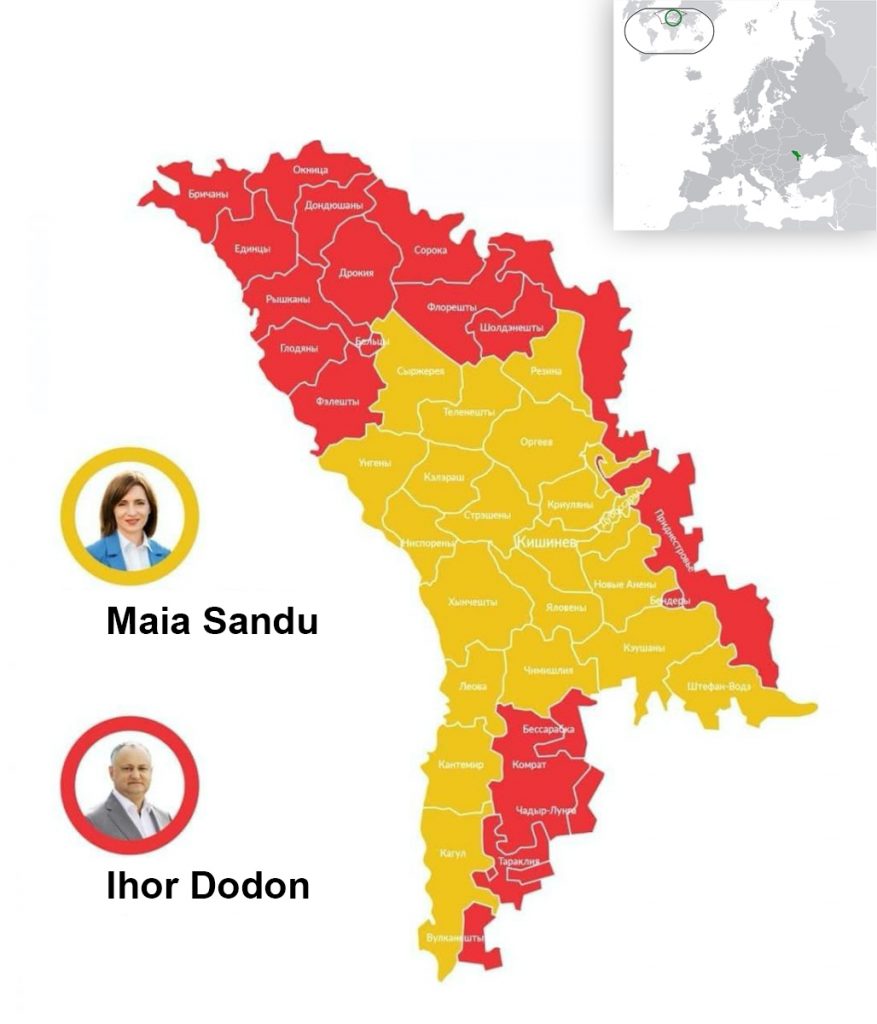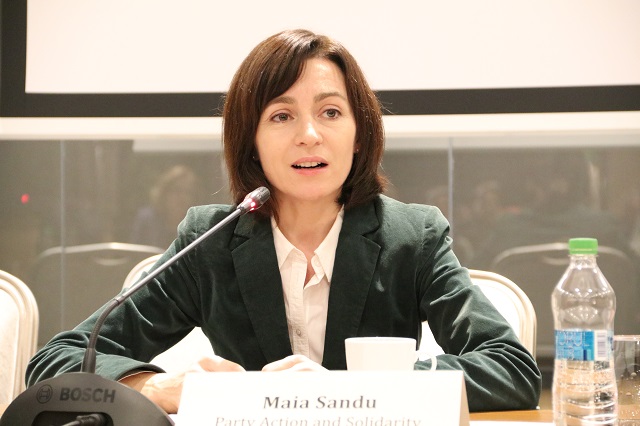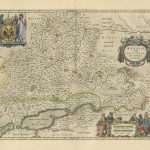New Moldova’s President runs a high risk to fall under the sway by Russia over the lack of sufficient support by the parliament. Moldova’s corrupt elites, in the absence of a national idea, will keep focusing on their own economic concerns, thus initially shattering hopes for reforms in this country as a pro-Western leader has come.
Maia Sandu, former Prime Minister of Moldova won presidential runoff vote, leaving the incumbent, Igor Dodon, behind by a large margin of 15.5%, the exit polls claim. With an unprecedented turnout of 53%, Sandu captured 57.75% of the vote to Dodon’s 42.25%.
On the first ballot on November 1, Sandu also left Dodon behind by 3.55%, but was unable to win as the votes were diluted by other pro-democratic forces and her sympathizers were not sufficiently mobilized. Moreover, shortly before the first ballot, the papers disclosing Igor Dodon was backed by Russian intelligence and its team worked to ensure his victory got leaked to the press. It did not affect the vote outcome, however, as the people view the candidates from foreign policy perspective.

The outcome of the vote seems to be fueled by polarized Moldova’s society and the choice between public declarative foreign policy by the candidates: Mandu’s “pro-European” or Dodon’s “pro-Russian”. Dodon’s run-up to the election was classic post-Soviet-like, with food packages served to the voters and ongoing administrative pressure: at least a third of all Moldovan media worked for Dodon, spreading fake news stories by the team that came from Transnistria. The campaign aids from Transnistria were not sensitive to the differences between the voters in Moldova and those in Transnistria who stagnated in Soviet times. The most pro-Russian regions of Moldova, where the people are nostalgic for the Soviet Union: Gagauzia and separatist Transnistria, endorsed Dodon who captured 94 and 85 percent, respectively.
Loss of popular support by Dodon attributes to fleeing the country by oligarch Vladimir Plahotniuc as well, whose backing and partial funding of the Party of Socialists in the 2016 elections ensured his victory. Failure to fight the coronavirus, virtually, where Dodon patterned after Russia’s strategy, ensured slippage in support for him.
Sandu won the support mainly by the capital (60%) and foreign constituencies, where the diaspora (93%) votes.
We argue the voting points to the fact that Moldova’s political actors, both Dodon and the opposition, do not really consider the integration by Transnistria as workable or essential. This issue remains to be addressed through the lens of political declarations. Moldova’s political figures are aware the society of Transnistria over the past two decades is a far cry from that of Moldova, appearing to be less susceptible to anti-Western propaganda by Russia.
Chisinau believes the reintegration by Tiraspol makes great demands on finance, a long time for Pridnestrovians to blend in Moldova, as lots of them are Moldova-unfriendly, and will also trigger a growing sway by Moscow and Tiraspol elites within Chisinau’s policy. The foreign policy monopolization risks by Tiraspol and the imbalance of power in favor of Transnistria were the main reason for Moldova to reject the so-called Kozak plan to resolve the Transnistrian conflict in 2003.
Considering the PMR population size, its reintegration into Moldova will reverse the country’s electoral background and make its political course contingent on Tiraspol’s elites.
The given scenario is also beneficial for Tiraspol, reinforcing in Transnistria by speculating on the risks of Moldova’s Romanization and the 1992 war. In all lack of interest by Chisinau’s political figures in reintegration, any of them is unlikely to go public with it, as formal international support for the territorial integrity of Moldova will make such stance pro-separatist and unpopular.
The 2020 presidential election thus confirmed that the frozen conflict in Moldova would remain, and all the parties – Chisinau, Tiraspol, and Moscow – advocate standstill.
Though Moldova’s President is elected by popular vote, the parliament of this country has significant powers. During Plahotniuc’s premiership, parliament successfully blocked the decisions by President Dodon several times.
Having gained the presidency, Sandu will not get parliamentary support, therefore. Her PAS, in a bloc with ACUM, has got just 15 seats of the 101-seat parliament. As a comparison, the Socialists have 37 votes, and the Democrats have 13 seats. Such support by the parliament will not allow for serious reforms. This means high risks of a large slippage in support for Sandu as early as in 1.5 years of presidency.
Political strategy by Moldova is based on pragmatism and following the economic concerns by political groups. This takes the anti-corruption program by Sandu off the table.
The silence by Russia’s media on the victory of a pro-Western candidate, as Sandu is viewed by pro-Kremlin media outlets, is illustrative in this regard. The Kremlin believes that in order to have sway over Sandu, it is enough to involve “friends” in Moldova’s parliament, integrating them into the new government, thus affecting the new president or torpedoing her by creatures in the government. Although the interests by the Kozak team – charged by Moscow with politics in the post-Soviet states – failed in Moldova, it stirs alarm that Renato Usatii’s allies, who is called the creature of the group behind the GRU and Russia’s Defense Ministry, endorsed Sandu on the second ballot.



